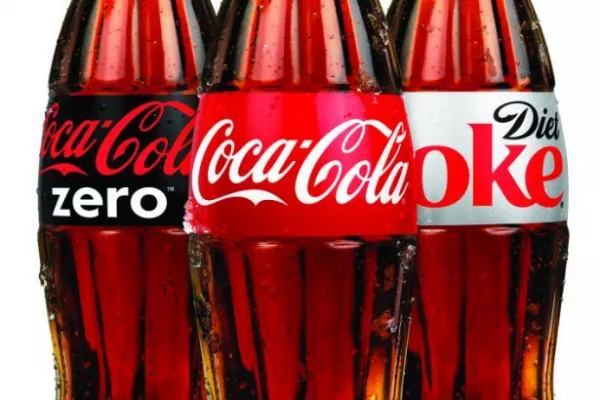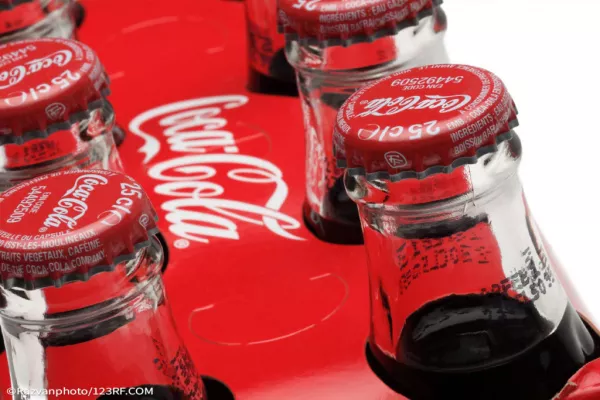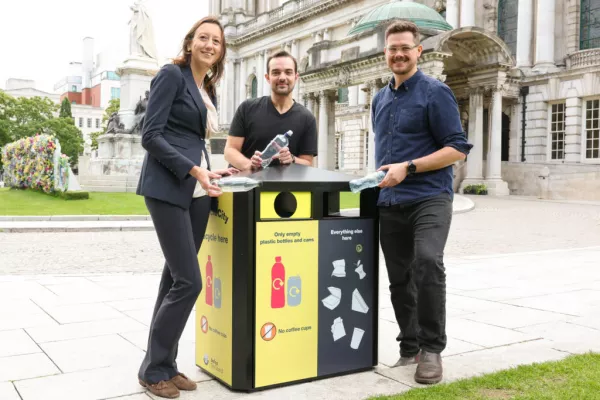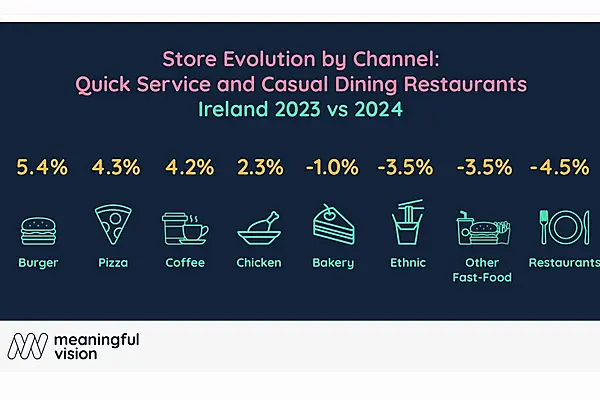Coca-Cola's bid to transform the company into a far leaner operation is taking a toll on short-term results.
The soda giant posted first-quarter earnings of 43 cents a share on Tuesday, short of the 44 cents predicted by analysts. An effort to spin off Coca-Cola’s bottling operations and a decline in soda volumes continued to weigh on sales.
The results suggest that new Chief Executive Officer James Quincey still has work ahead as he pushes to transform the company. The 52-year-old takes the reins on May 1 from Muhtar Kent, who has been slimming down Coca-Cola by divesting bottling plants around the world. The company is trying to re-emerge as a more focused - and profitable - business, which will concentrate on developing new drinks and selling ingredients to partners.
But for now, the effort is squeezing results. Revenue fell 11 percent last quarter, with the structural changes accounting for 10 percent of the decline, the Atlanta-based company said.
The shares fell as much as 0.8 percent to $42.95 in early trading in New York. The stock was up 4.4 percent percent this year through Monday’s close.
On the bright side, Coca-Cola’s earnings per share may not decline as much as expected during the full year. The company now projects a drop of 1 percent to 3 percent, compared with a previous prediction of as much as 4 percent. Organic revenue, which excludes currency effects and structural changes, is expected to grow 3 percent.
Beyond Cola
Coca-Cola and rival PepsiCo Inc. are scrambling to add more non-cola beverages, coping with a shift by consumers away from traditional soft drinks. Per capita consumption of soda beverages sank to a 31 year low in the U.S. in 2016, according to Beverage-Digest, a trade publication.
Coca-Cola has shifted its strategy to focus on profit growth, rather than volume. That’s included the introduction of smaller cans and bottles, which fetch higher prices per ounce than larger packages. After promoting the smaller packs in the U.S., the company is now taking the concept to emerging markets.
Soda producers also are grappling with greater regulatory burdens on their core products. Philadelphia was the first major U.S. city to implement a soft-drink tax in June. Similar measures have since passed in the San Francisco Bay area; Boulder, Colorado; and Illinois’s Cook County.
Coca-Cola’s sparkling-drink volume declined 1 percent in the first quarter. Though overall sales shrank, it still came in ahead of analysts’ estimates. Coca-Cola reported revenue of $9.13 billion, compared with a prediction of $8.87 billion.
The beverage maker also expanded its $3 billion cost-cutting program to include $800 million more in annual savings by 2019.
“Next week I will proudly hand over the CEO reins to James Quincey with full confidence that he will complete the company’s transformation and lead our aggressive growth agenda,” Kent, 64, said in the statement.
News by Bloomberg, edited by Hospitality Ireland









